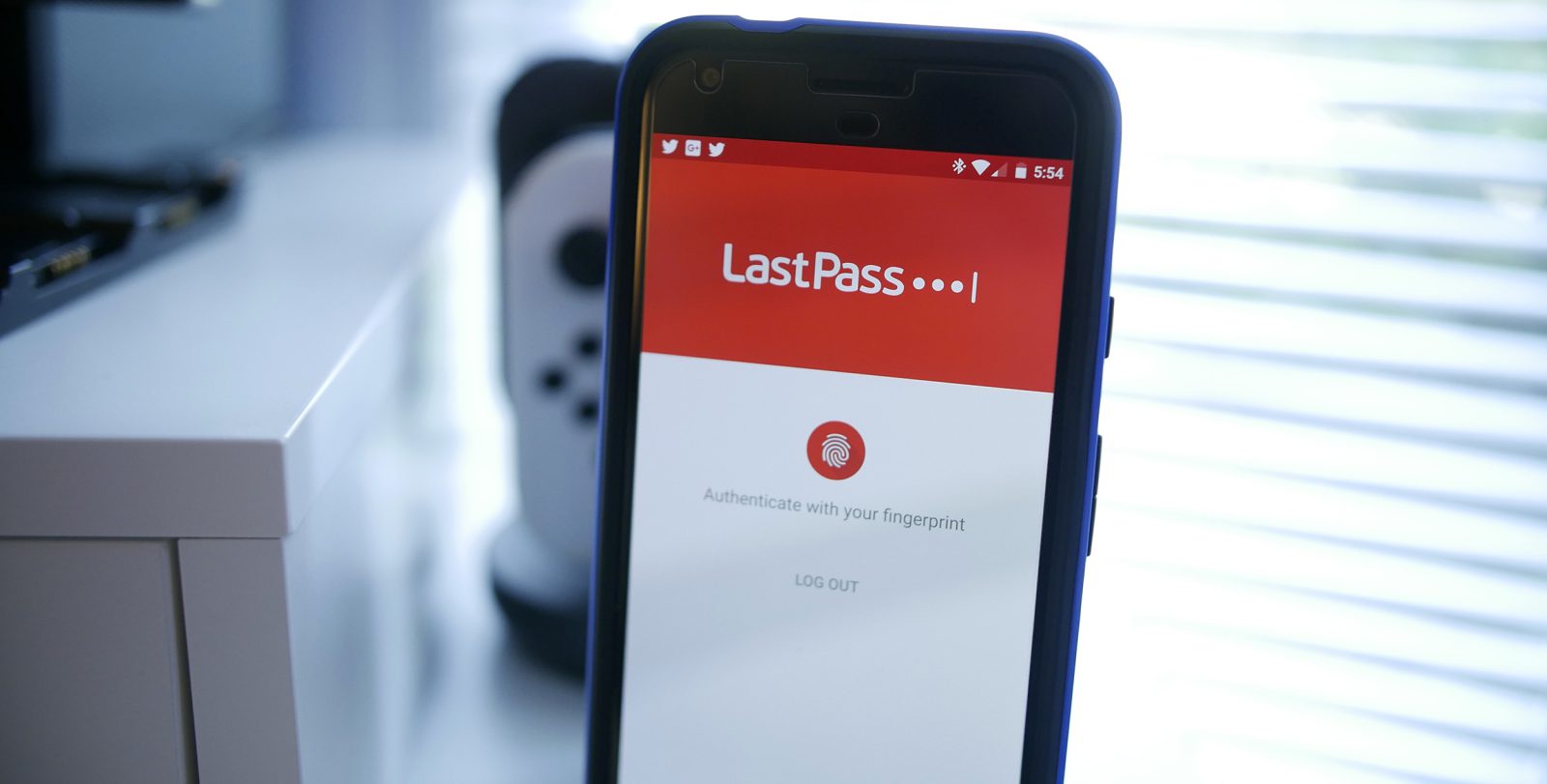
- #LASTPASS FAMILY ADD ADDITIONAL MEMBER UPGRADE#
- #LASTPASS FAMILY ADD ADDITIONAL MEMBER PASSWORD#
- #LASTPASS FAMILY ADD ADDITIONAL MEMBER PC#
- #LASTPASS FAMILY ADD ADDITIONAL MEMBER FREE#
Dashlane and 1Password are still private. It would not surprise me if they were focused on corporate sales/accounts at this point.LastPass is part of a public company, at least. I ended up being able to renew a 2nd time as a workaround, but I still haven't had a response more than 1 week later. I was locked out of my account recently when it failed to auto-renew and had no way of getting urgent support to have it fixed.
#LASTPASS FAMILY ADD ADDITIONAL MEMBER PC#
Dashlane is expanding their paid offerings significantly, is abandoning their PC desktop app, and has either cut back support or is not expanding it to keep up with sales.

#LASTPASS FAMILY ADD ADDITIONAL MEMBER PASSWORD#
I wonder if this business of password managers in general is under pressure. Thanks Microsoft, talk about crippling a product–that's useless. The browser has to detect a login situation and offer to save credentials, or you are just out of luck. Everything's looking good–until I discover that you cannot manually add passwords to Edge. The Authenticator app worked well, pushes login notifications to my Apple Watch, that's an upgrade. I recently started using Chromium Edge as my primary browser, so I thought this would be a great opportunity to try out Edge password storage with the Microsoft Authenticator app. If you sign in from a mobile app on March 16, you are locked to mobile apps only. if you sign in to Lastpass from your laptop on March 16, your account can only be used with desktop or laptop computers.

#LASTPASS FAMILY ADD ADDITIONAL MEMBER FREE#
In reply to jdmp10:The new free restriction is limiting account usage to one type of device–multiple types of that device, but just the one type. You can learn more about this change on the LastPass Support website. LastPass Premium costs just $3 per month when billed annually, but LastPass is offering a limited time discount, bringing the cost down to $2.25 per month (when billed annually, so you’ll be paying $27).
#LASTPASS FAMILY ADD ADDITIONAL MEMBER UPGRADE#
Obviously, this change is intended to entice LastPass Free customers to upgrade to LastPass Premium, which also includes web monitoring, emergency access, unlimited device type access, a security score dashboard, dedicated personal support, advanced multi-factor authentication and more. And LastPass Free users will be limited to accessing the self-help resources on the LastPass Support Center and getting help from other customers and LastPass specialists in the LastPass Community. As of that date, only LastPass Premium and Families customers will have access to email-based support. After that, you’ll have three opportunities to switch your active device type.Īdditionally, LastPass Free users will lose access to email-based support starting on May 17. LastPass will determine which is your active device type based on which type of device you sign-in to first starting on March 16. Today, this offering works across an unlimited number of both computers and mobile devices. You can also manage access and sharing settings: hide passwords from specific people, set folder access permissions to read-only, and more.And those changes are going to dramatically impact this product for the worse: Starting March 16, LastPass Free will only support an unlimited number of computers or mobile devices, not both. Shared Folders provides a simple way to share only the exact passwords, notes, and files you want to share with the right people. But we go beyond security we also make sure it's as easy as ever to share information with whoever needs it. Any password, secure note, or file you share is secure – encrypted at the user's device through 256-bit AES encryption. Even if you're picky about who has access to shared passwords, notes, and information, a hacker could steal your data when using these services. While they're convenient to use, your shared files aren't protected.

While it's convenient to use group text messages, Dropbox, OneDrive and Google Drive shared folders, these methods leave your sensitive information vulnerable to data breaches. Friends, roommates, and family need to share their Wi-Fi logins, streaming passwords, and more.


 0 kommentar(er)
0 kommentar(er)
